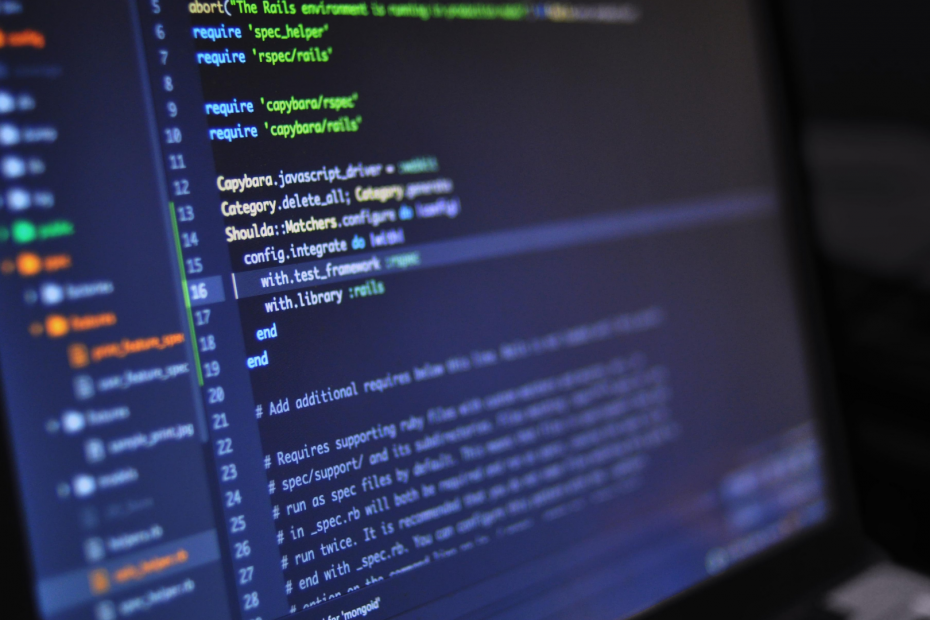Computers were once simple machines, and we still use them the same way today: to type up some documents, print them, or watch a movie. The computer revolution that changed society, though, started with the invention of the microchip, a microscopic chip built to process information. As the technology evolved, computers became smaller, faster, and more powerful. The personal computer and smartphone revolution took off when computers became small enough to fit in your hand.
The history of programming can be traced back to 1958 when Alan Turing, the father of modern computing, created a program that could read, write and rewrite the text. He coined the phrase “Turing complete” to describe software that could do all those things, and he was correct. To this day, a computer is still only Turing complete if it has self-awareness, and if a computer can think for itself, it’s no longer a computer.
Over the last couple of years, we’ve all heard the term Artificial Intelligence (AI), as it’s become a lot more popular. We wonder if we’ll be able to program AI into our daily lives, but AI isn’t just something for science fiction. It’s here now, and it can be applied in a variety of different ways, from gaming to medicine. As technology continues to evolve, programmers are on a crusade to make the world smarter. With artificial intelligence, self-driving cars, designed robots, and advanced medicine, the world is on the brink of a major technological revolution. If history is any indication, programming will be essential to this change.
Programming is the language of the 21st century. It is the language in which much of our human world exists, from your favorite websites, email, apps, and even video games. It is also the language used to bring to life, different kinds of devices and items that contain integrated circuits (IC). When we delve deep into this kind of technology, we learn that cellular networks, IoT devices, Bluetooth connectivity, computer security, and many more digital applications are based on secure IC programming. And on a surface level, we find use cases for secure programming in computers and laptops, smartphones, household appliances, automobiles, and countless more.
This often paints a picture that programming is a skill that appears cryptic to some, but it is actually the foundation of our digital world. It’s the magic that fuels the internet and powers the innovations we enjoy today. Back in the ’90s, when the internet burst onto the scene, programming became a gateway to boundless possibilities. Today, it’s a jewel in the crown of our future. Why? Because it can craft everything from a straightforward online shopping app to bolstering hybrid cloud network security.
Our world is changing rapidly. A study suggests that 70 percent of jobs could vanish in this century, heralding a new era. In this evolving landscape, programmers are emerging as key players. They are the architects behind computers, games, apps, and websites that drive our digital age.
Programming is the language and software used to create and manage computer programs. It is a part of almost everything we interact with within today’s world, from phones to cars we drive. So, it is no wonder that programming has become such an influential field. From simple games to complex operating systems, programming has a place in almost every industry and many opportunities that you might not have heard of, such as online gambling.
Programming is a hard concept to grasp at first, and it seems like a complicated skill that only a few people can master. But programming is the foundation for many of the devices and technologies that we take for granted today, and it’s not going anywhere. Programming is just starting to get its moment in the sun.
